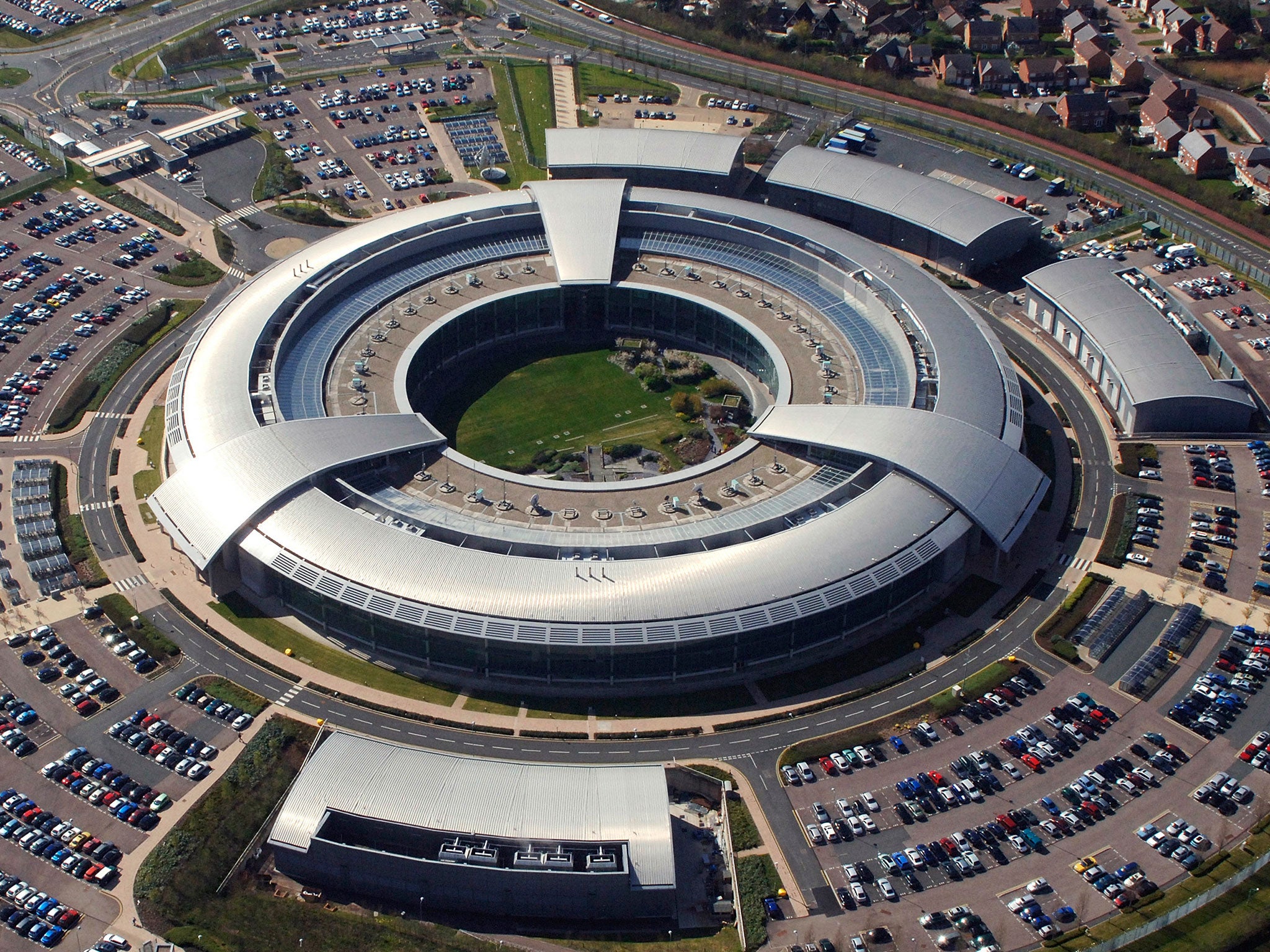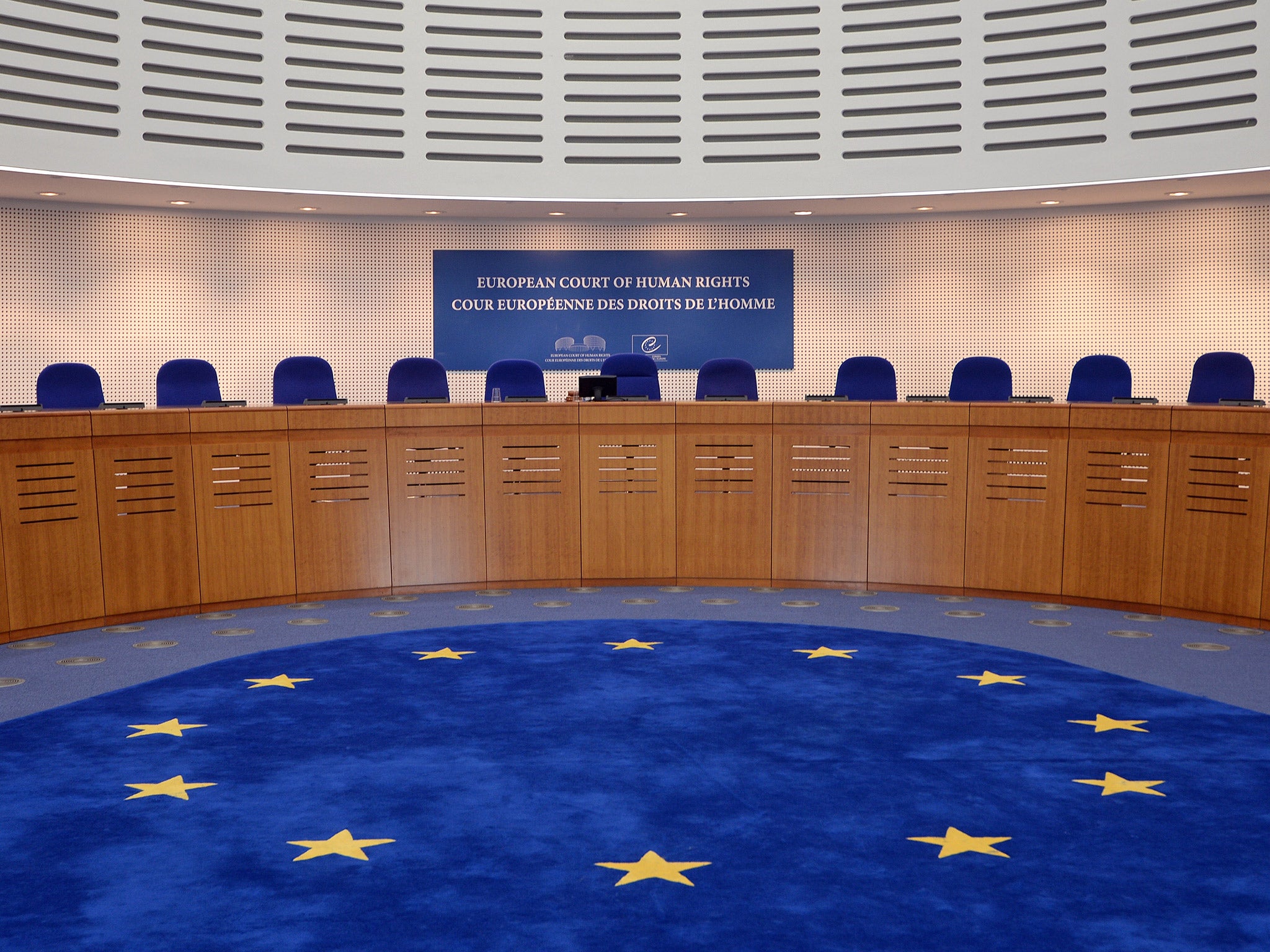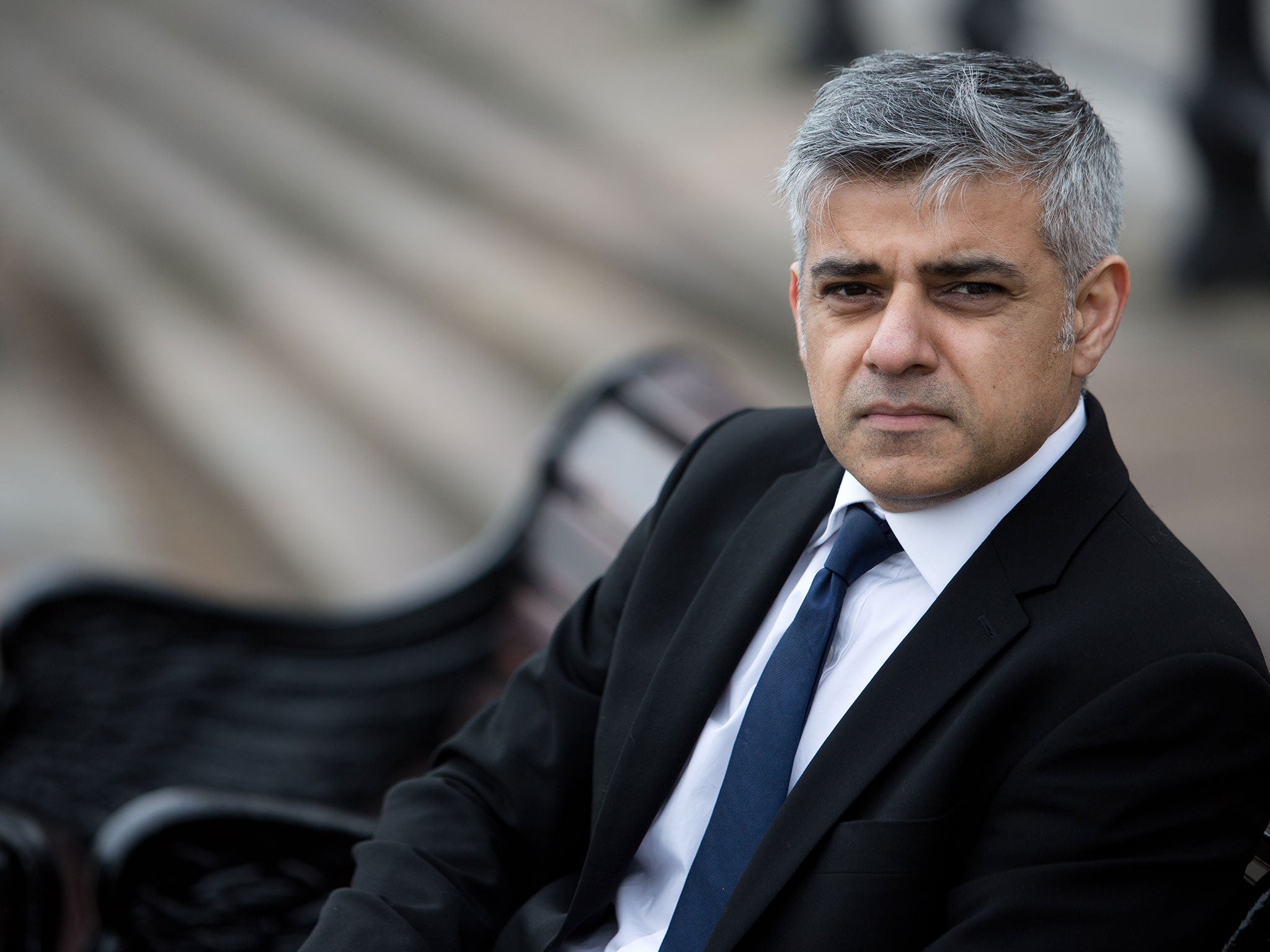Britain is leading the charge against basic human rights, Amnesty claims
"Public safety is paramount, but not at the cost of basic civil liberties"

Increased surveillance in Britain, along with the reduction of access to justice, have contributed to one of the worst assaults on human rights in Europe since the fall of the Berlin Wall, according to a damning assessment by Amnesty International.
In its annual State of the World’s Human Rights report published today, Amnesty says the Coalition had rushed through legislation such as anti-terror measures and invasive surveillance powers without adequate time for parliamentary debate.
The NGO condemns David Cameron for not only “leading the charge” in attacking the European Convention on Human Rights, but also for passing legislation that, while designed to increase public safety, has come at the cost of basic civil liberties.
The Prime Minister has confirmed that a future Conservative government would also repeal the Human Rights Act and replace it with a British Bill of Rights, with a view to limiting the influence of the European Court of Human Rights, which enforces the Convention.

Amnesty’s report warns that those draft proposals threaten significant restrictions on rights. At the same time legal aid cuts “continue to restrict access to justice”.
In its assessment Amnesty says the influence of “nationalist, thinly veiled xenophobic attitudes” was particularly evident in increasingly restrictive migration policies and anti-EU tirades, with human rights a particular target.
The report says: “The UK and Switzerland led the charge, with ruling parties in both countries openly attacking the European Court of Human Rights and discussing withdrawal from the Convention system. In short, at no time since the fall of the Berlin Wall had the integrity of, and support for, the international human rights framework in the Europe and Central Asia region appeared quite so brittle.”
Referring to the Data Retention and Investigatory Powers Act, which came into force last July, extending the reach of authorities’ interception powers, the report says “sufficient safeguards were not in place to ensure that such surveillance was authorised and carried out in conformity with the rights to privacy and freedom of expression”.

Kate Allen, the director of Amnesty International UK, said: “The UK is going in the wrong direction on rights, protections and fairness. Public safety is paramount, but not at the cost of basic civil liberties.
“Twice this year GCHQ spies have been rumbled breaking the law. We should all be concerned about waking up in a surveillance state, without having a proper public debate about it first. The UK talks the talk on the global stage on human rights but this year’s summary shows they need to tend to their own garden.”
The shadow Justice Secretary, Sadiq Khan, told The Independent: “The belligerent attitude of the Tories towards human rights, access to justice and the rule of law is doing real damage to our international reputation.”
The global report also condemns world leaders for failing to intervene in conflicts such as Syria, Gaza and Ukraine, in what it calls a “catastrophic year” for millions of people caught up in violence.
Amnesty called on the UN Security Council to renounce its veto power – wielded solely by the five permanent members, Britain, China, France, Russia and the US – to make it easier for peacekeeping forces to be deployed to prevent genocide or mass atrocities.
Join our commenting forum
Join thought-provoking conversations, follow other Independent readers and see their replies
0Comments